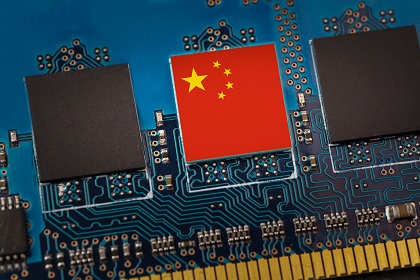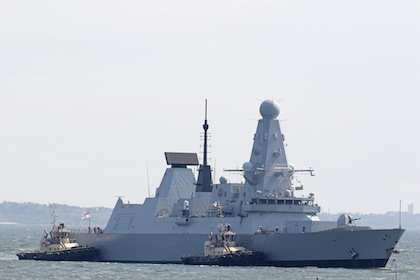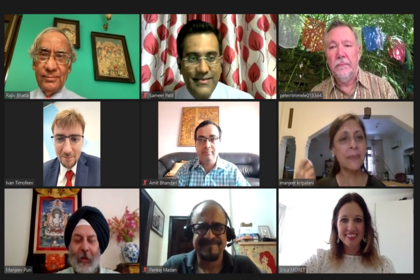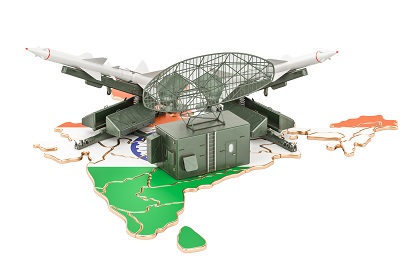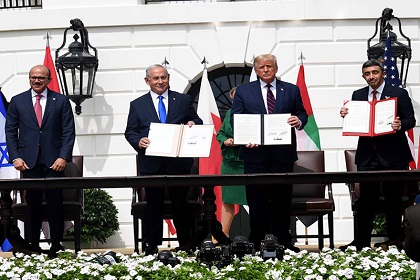Awaiting Sri Lanka’s Narasimha Rao
Sri Lanka is experiencing an economic, political and strategic crisis it has never had before. The situation is fragile – but a creative solution and determined national interest can help return the island nation to stability and growth. Amb. Rajiv Bhatia, in conversation with economist Dr Ganeshan Wignaraja on how Sri Lanka came to the current condition, and the remedies to adopt.




